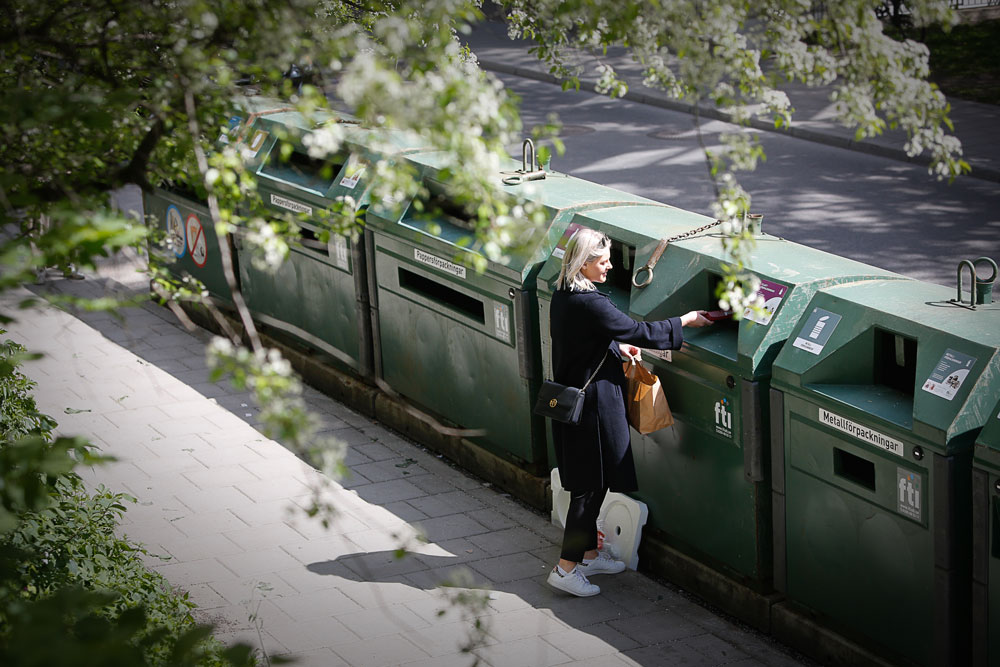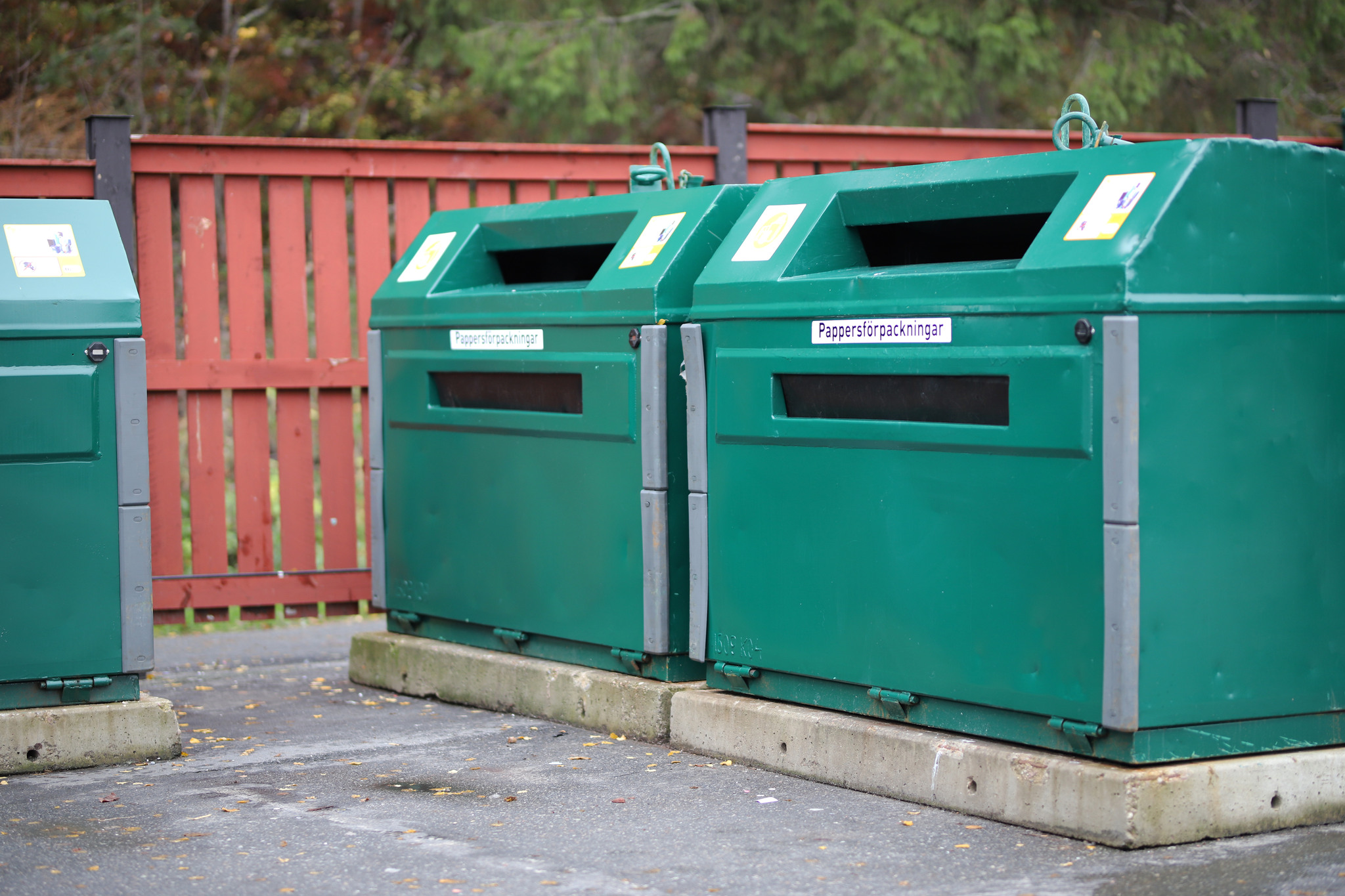We thank you for everything!
FTI has been discontinued as of 1 January 2024 and the collection of packaging has been taken over by the municipalities. The background is the new ordinance on producer responsibility that the government decided on in the summer of 2022.On this page you will find information on where to turn with your questions after the liquidation.
Report the need for emptying or cleaning
Complaints
Do you want to report that a recycling station needs to be cleaned or emptied? Most municipalities are connected to the waste portal sopor.nu for fault reporting. Can’t find your municipality? Contact your municipality or municipal waste company.

Information about sorting
Are you looking for information on sorting packaging? On the waste portal sopor.nu you will find lots of information. For example sorting guide, sorting sheet in different languages and map of recycling stations.

For housing cooperatives and property owners
Property owners
Do you need information about curbside collection? Since January 1st you need to turn to your municipality or municipal waste company for questions about collection of household packaging and what you as property owners and housing cooperatives need to think about.
For information about collection and agreements, please contact your municipality or municipal waste company.

Municipality
Municipalities and municipal waste companies
Are you a municipality or municipal waste company and want information about design sketches and building permits for recycling stations? You can find all this in Kommunportalen, which is available until 31st of March 2024.
Are you a communicator and are in search of information to share with municipal residents? FTI has closed its accounts in social media, since FTI:s operations are discontinued from january 1st 2024. We refer to information at sopor.nu.